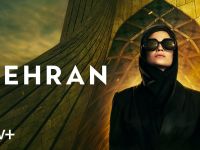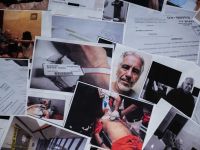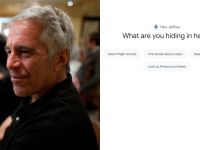General Data
Population 0.54 million (1999)
Religion Islam
Government Constitutional Monarchy
Languages Official: Arabic (English is widely spoken)
Work Week
Public Sector:
Saturday - Wednesday
7:00 - 13:00
Private Sector:
Saturday - Thursday
7:30 - 13:00;16:00 - 18:00
Banking:
Saturday - Wednesday
7:30 - 11:00
Thursdays
7:30 - 11:30
Monetary Unit Qatari Riyal (QR)
Exchange Rate QR 3.64=US$1
Current Political Climate
The 1990s has been a decade of changes in Qatar’s politics. In June 1995, Sheikh Hamad bin Khalifa al-Thani, the eldest son of Emir Sheikh Khalifa bin Hamad al-Thani, toppled his father in a bloodless palace coup. Although Sheikh Khalifa had vowed to regain power "at any cost" and was alleged to have supported an unsuccessful coup in early 1996, a truce was reached in October of that year. Furthermore, the former emir returned US$ 2 billion of missing state funds claimed by the government in worldwide lawsuits following an out-of-court settlement in 1997.
But that did not end the family drama. In October 1999, a cousin of the ruling Emir of Qatar went on trial, charged with masterminding the failed 1996 coup attempt against the Emir, Sheikh Hamad. The defendant, Sheikh Hamad bin Jassem bin Hamad al-Thani, is alleged to have plotted with unnamed foreign powers to overthrow the present Emir. Sheikh Hamad was once Qatar's Economy Minister and chief of police. The alleged coup was foiled when Qatari troops overpowered a band of mercenaries on the border with Saudi Arabia.
Sheikh Hamad has made moves towards democracy by encouraging public debate, ending press censorship and abolishing the Ministry of Information. He has broken with the Gulf's male-dominated tradition by appointing a woman as under-secretary at the Education and Culture Ministry.
He has also scheduled municipal elections to foster grassroots democracy. It is speculated that he may order voting to fill certain seats on a thirty-five member advisory council and give it more powers to oversee the government.
In mid-July 1999, the Qatari Emir established a 32-member committee to draft a permanent Constitution for his state. The new Constitution will be geared to establishing an elected Advisory Council (Parliament) to replace the current one, which comprises 30 members appointed by the Emir. The current 30-year old Constitution falls short of the Qatari people's aspirations and provides scant opportunity for them to play a role in the decision making process.
In foreign relations, Qatar has always conducted an independent policy. As such, they have restored full ties with Gulf War foe Iraq and befriended radical Shi'ite Iran. During the decade, it has had disputes with its Bahraini neighbor after the latter discovered in December 1996 a network of Qatari spies operating in Bahrain. Recent events as of January 2000, however, point towards a possible cooling of tensions and eventual rapprochement between the two Gulf states. During the first week of January, the Emir of Bahrain, Sheikh Hamad bin Isa al-Khalifa, visited Qatar in what was interpreted as a new step toward improving relations between the two neighbors. The Bahraini Emir and his Qatari counterpart, Sheikh Hamad bin Khalifa al-Thani, met and discussed the long-standing territorial row. Following several rounds of official talks, the leaders vowed to enhance links in the economic, investment, trade and media fields.
Elsewhere, Doha established special relations with Western nations by giving the Pentagon a weapons depot on its soil, and providing France and Britain with lucrative arms deals and business contracts. US and French companies now dominate Qatar's oil and gas sector, which was once the exclusive domain of British Petroleum Co. Plc. and Royal Dutch/Shell Group.
© 2000 Mena Report (www.menareport.com)







